
Chinese Rights Lawyer Gao Zhisheng Says He’ll Give Up Activism
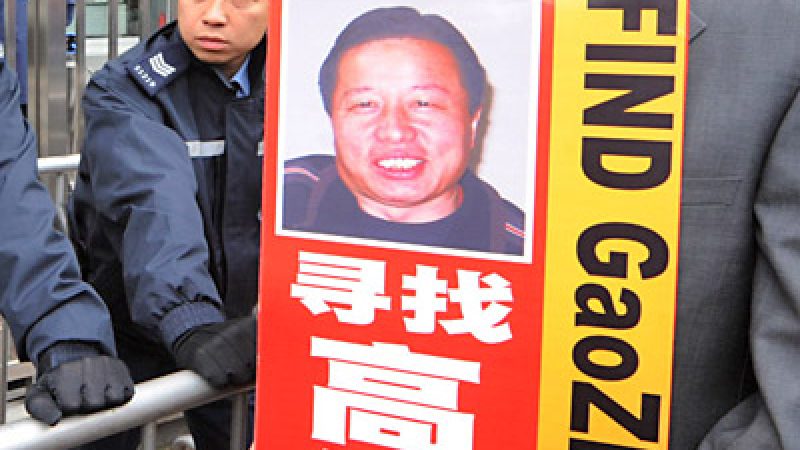
In his first face-to-face contact with the media since his disappearance 14 months ago, Chinese rights lawyer Gao Zhisheng spoke with the Associated Press on Wednesday. It was at a teahouse in Beijing. He told the reporter he planned to give up activism.
“I don’t have the capacity to persevere,” Gao told AP. “This ultimate choice of mine, after a process of deep and careful thought, is to seek the goal of peace and calm.”
Gao was once one of China’s most promising lawyers. But he ran into trouble with the communist regime when he publicly called for an end to its persecution of the Falun Gong spiritual group. In 2006, Gao was convicted of so-called “subversion” and given a suspended sentence.
Since then, Gao and his family were placed under constant surveillance. Gao was kidnapped and detained several times, including once in 2007 when he said he was severely tortured.
In January last year, Gao’s wife fled China with their two children and obtained asylum in the United States. On February 14, Gao disappeared after security agents took him from his home.
On March 18 this year, Gao suddenly made contact with western media, telling them he was free. The AP said, however, that during the meeting on Wednesday, Gao was reluctant to discuss his disappearance and the events of the past year. It raised doubts about the condition of his freedom and whether he’s still under police surveillance.
Gao said he was “extremely sorry” to those who had supported him, but hopes they would understand his decision. He remained hopeful that others will continue pushing for legal rights and democracy in China.
„Just because of the repression I experienced, don’t think that other people won’t do what I did,” he said. “That’s not human nature.“
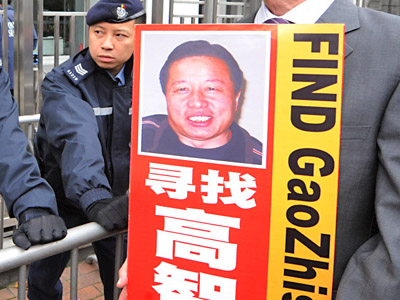 Foto: NTDTV
Foto: NTDTV


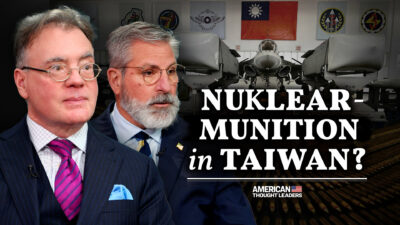
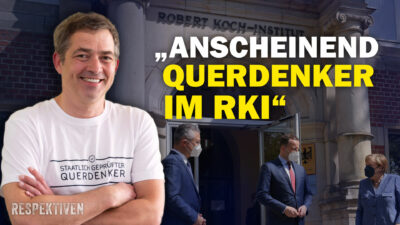


















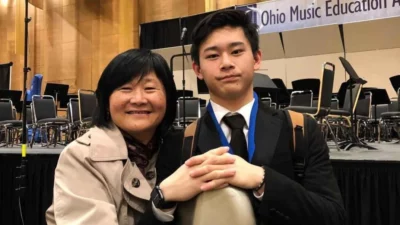
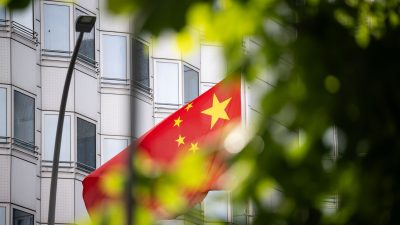



vielen Dank, dass Sie unseren Kommentar-Bereich nutzen.
Bitte verzichten Sie auf Unterstellungen, Schimpfworte, aggressive Formulierungen und Werbe-Links. Solche Kommentare werden wir nicht veröffentlichen. Dies umfasst ebenso abschweifende Kommentare, die keinen konkreten Bezug zum jeweiligen Artikel haben. Viele Kommentare waren bisher schon anregend und auf die Themen bezogen. Wir bitten Sie um eine Qualität, die den Artikeln entspricht, so haben wir alle etwas davon.
Da wir die Verantwortung für jeden veröffentlichten Kommentar tragen, geben wir Kommentare erst nach einer Prüfung frei. Je nach Aufkommen kann es deswegen zu zeitlichen Verzögerungen kommen.
Ihre Epoch Times - Redaktion